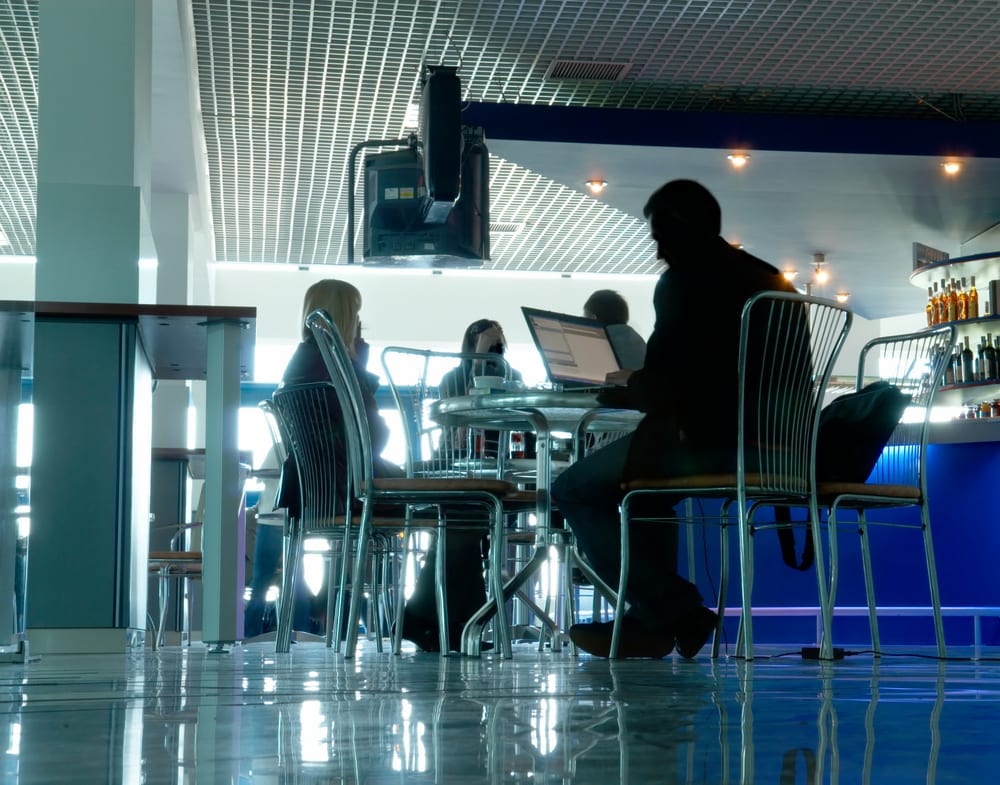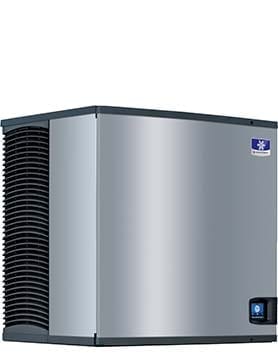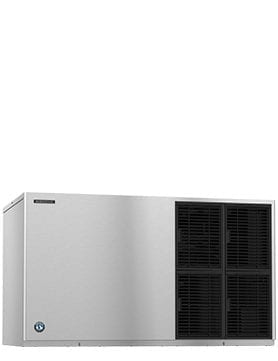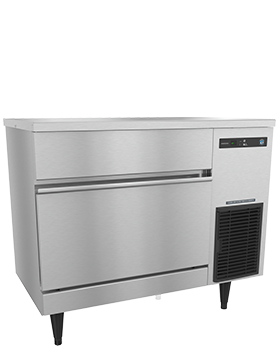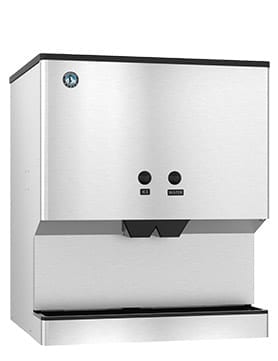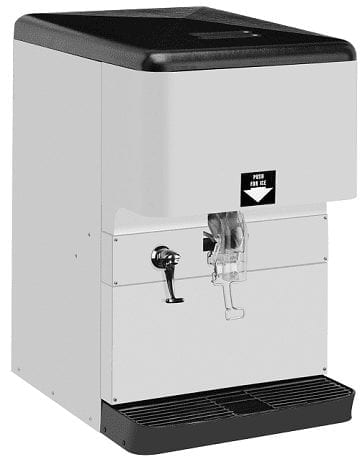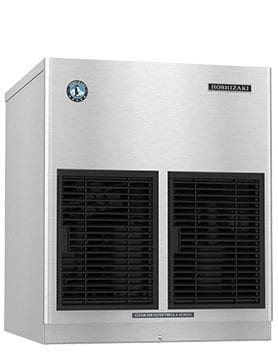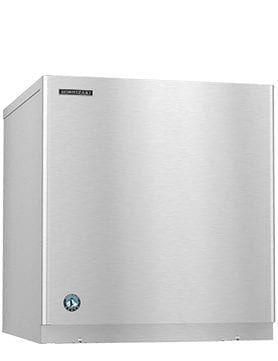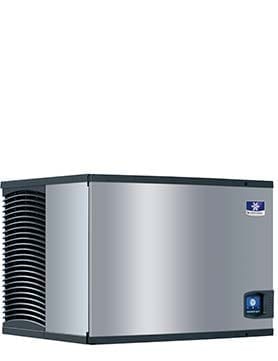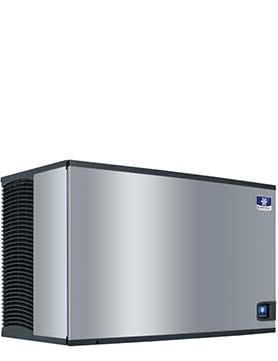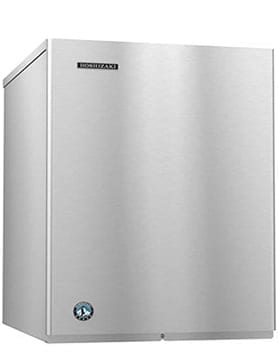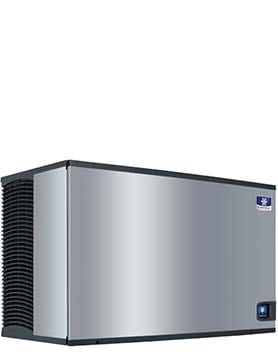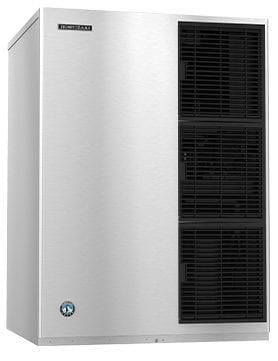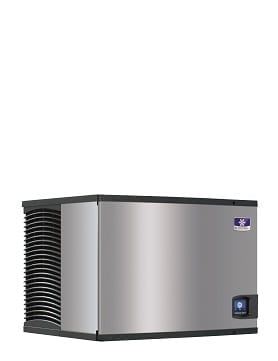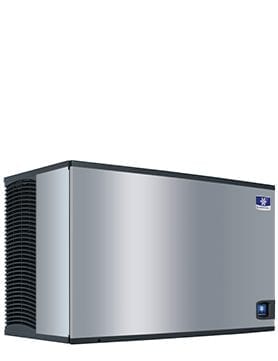Ice Solutions for Corporate Campuses
Corporate campuses and business parks have a unique ice challenge. Businesses in office parks are responsible for making sure employees of surrounding companies are staying refreshed during the day and throughout the lunch hour, so they can stay productive. A commercial ice machine is the most cost-effective way to provide ice to customers. If you need help choosing the right ice machine for your business, our guide to ice solutions at corporate campuses is here to help!
Need help choosing an ice machine for your corporate campus?
Call us today!
(327-9423)

Click a Section Below to Get Started
What's the Right Ice Machine for my Corporate Campus?
Commercial ice machines come in all shapes and sizes. Whether you need an ice machine for a cafeteria or coffee shop, there's a machine for you.
Types of Ice for Corporate Campuses
Ice comes in many shapes and sizes to meet the ice solution needs of all kinds of businesses. Choosing the right type of ice cubes can keep drinks cool and save you money in the process.
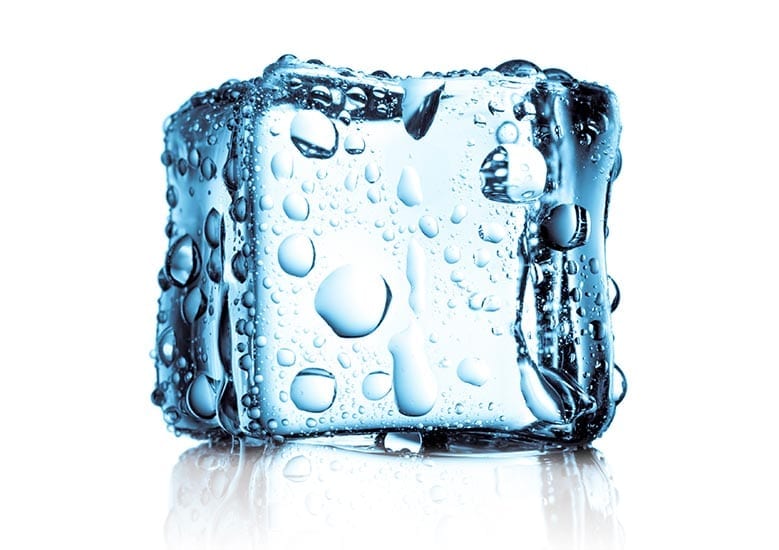
How Much Ice Do I Need for Corporate Campus?
Whether it's a break room, cafeteria, or eatery within a large corporate building, you need to know how much ice you'll need to get through the day. Our Ice Machine Estimator can point you in the right direction. Here are some other factors to consider:
Daily Ice Usage
How much ice do you expect to use in a day? Sizing the amount of ice you need for a corporate campus is a challenge. Lunch hours are busy and can see a rapid influx of business.
What Type of Condenser Do I Need?
Your ice machine's condenser helps to cool refrigerant down so the machine can produce a batch of ice. There are three common types of condensers designed to work in differing environments:
Air Cooled Ice Machines
This type of condenser is the most common style of ice machine. These systems are cost-effective and straightforward, the perfect ice solution for areas with plenty of ventilation.
View Our Air Cooled Ice Machines
What Are the Installation Requirements for an Ice Machine?
A commercial ice maker may be the right ice solution for your corporate campus facility, but they have specific installation requirements:

Drainage
As ice melts, the excess water needs somewhere to go. Most businesses come with a drainage setup, but you'll need to make sure it can accommodate your ice machine. A floor drain is one option. Others include a wall drain or standpipe setup. In almost all instances, you'll need to provide an air gap to meet state regulations. Check your local health code for your city's drainage requirements.

Electrical
Commercial ice makers have different power needs depending on the model. Ice machines come in two common voltage models, 115v and 220v. Smaller ice machines tend to be 115v. Large ice makers are generally 220v. Ice machines also have amperage needs that differ between models. You may need to hire an electrician to install the right outlet to meet your needs.

Water
Depending on the model, ice machines may have different water requirements as well. You'll need the proper water line to deliver the amount of water your ice machine needs to produce a batch of ice. Commercial ice machines generally require between 3-5 gallons of water per minute. You may need a plumber to install a water line that can deliver the right amount of water to your model.

Space
Air cooled ice makers (the most common type) require plenty of space for hot air in your ice machine to escape. Installing an ice machine in a tight area will reduce the amount of ice it produces in a day and can lead to costly repairs over time. Make sure your ice machine has at least 1 ft of space on all sides of the unit (including the top).

We’ve serviced over 10,000 ice machines across the country. No matter the challenge, we know exactly how to keep your hotel ice machine running smoothly. Our pre-installation checklist shows you what you need to provide to install an ice machine in your hotel. If you have a challenging environment, give us a call and we'll help you find a solution.
Do I Need a Water Filter?
Ice machine water filters help to filter out unwanted particles and sediment that can damage your ice maker. Some filters treat the water to prevent the formation of scale. Here are some common types of filters:
Standard Sediment Filters
Sediment filters trap particles that exist in your water supply. These filters are a great addition to any ice machine. They're even more critical if your corporate campus is located in an area with high-particulate water. These filters need to be replaced about every six months on average.
Phosphate Filters
Phosphate filters are often installed in addition to sediment filters. These systems help to treat the water, so minerals won't combine to form scale. Scale is a hard substance that can adhere to your ice machine's components and cause damage over time. These systems need to be replaced to replenish the phosphate in the cartridge. Aim to replace cartridges every six months.
Carbon Filters
Carbon is one of the earliest forms of filtration dating back to ancient Egypt. These filters filter out sediment and reduce the amount of chlorine in your water that can affect the taste of ice. These types of water filters are popular in nugget and flake ice machines. They're a great alternative to phosphate cartridges.
Commercial Ice Solutions: Cleaning and Sanitizing
Cleaning, disinfecting, and sanitizing are necessary if you want your ice machine to continually produce clear, safe ice for your office park or campus customers. Mold, slime, and other contaminants can lead to customers getting sick or a bad review from a health inspector.

Professional Cleaning
Ice machine manufacturers advise getting at least two professional cleanings per year from a qualified ice machine technician. Places that bake a lot of bread (bagel shops, pizzerias, etc.) will likely need more.

Mold and Slime
Mold and slime can form in your ice machine because it provides a damp and dark environment. Places with a lot of yeast in the air, like bakeries and pizzerias, cause mold and slime to grow faster.

Ice Bin Cleaning
Ice bins are also hot spots for mold and slime to grow. Cleaning the inside of your ice bin every few weeks will eliminate any mold or slime that forms.
Environmental Factors
The surrounding environment can affect the performance of your ice machine. Ice machines in less than adequate environments produce less ice. Here are the factors you should look out for:
Air Temperatures
The air directly surrounding an air-cooled ice machine needs to stay close to 70 degrees. When hot air enters the ice machine, it can cause the unit to produce less ice and lead to expensive repairs.
Ventilation
Since air cooled ice machines produce hot air themselves, ice makers need plenty of ventilation to release that air into the environment safely. Tight spaces restrict airflow, causing hot air to reenter the machine.
Water Temperatures
All ice machines require cool water to perform correctly. Hot water entering the machine slowsice cube production and leads to breakdowns. Try and keep your water temperature around 50 degrees.
Water Condition
Sediment and minerals that enter your ice machine can cause damage over time. Water quality differs from region to region. You may need specialized water filters to combat high-particulate water.
Cleanliness
Dirty ice machines produce less ice than clean ones. When an ice machine gets dirty, it hinders its ability to release hot air. Dirty ice machines can also lead to dirty ice – which no customer wants!
How Much Will It Cost to Get an Ice Maker for A Corporate Campus?
Depending on the size of the model, a commercial ice machine can run anywhere between $1,500 to over $10,000. Modular and stackable ice makers will require a storage bin as well. There are also some hidden costs associated with owning an ice maker:
Maintenance and Cleaning
Ice machine manufacturers suggest owners receive at least 2 preventive maintenance and cleaning visits per year. During these visits, a qualified ice machine technician will clean, disinfect, and sanitize your ice machine inside and out. They will also optimize the ice machine and check for potential problems, which can lead to expensive repairs if they're not fixed.
The average maintenance and cleaning visit costs around $300.
Water Filters
Water filtration is a necessity for most ice machine installations. High-mineral or high-sediment water can enter your ice machine and cause damage. Sediment clogs internal components, and minerals can form to create scale, which sticks to vital parts within the unit. Water filters cost between $15-$100 depending on the type. Businesses with particularly challenging water may require multiple filters.
Breakdowns
Depending on the issue, ice machine repairs can cost between a few hundred dollars to over a thousand. Here are some examples of some common ice machine repairs and their costs:
- Hot Gas Valve Replacement - $600
- Expansion Valve - $600
- Compressor Repair - $1500
- Evaporator Repair - $2500
A Low-Hassle Ice Solution for your Corporate Campus Business
Our commercial ice equipment program is designed to be the easiest way to provide ice for office parks. Whether you have a corporate cafeteria or small café in the office, we have ice solutions that meet your business's unique needs. We include two ice machine service and cleaning visits per year. We also maintain 24-hour customer support to help assist you at any time – day or night!
Our mission is to make sure your ice maker is always performing at 100% according to the manufacturer's expectations. With an Easy Ice subscription, we take care of your ice machine, so you don't have to! We cover everything ice machines need to stay running for low, monthly costs so you can focus on your corporate campus.
Let our team of Ice Machine Experts help you find the right ice solution for your corporate campus. Choosing a commercial ice machine or dispenser is simple with help from Easy Ice!
